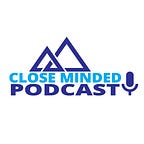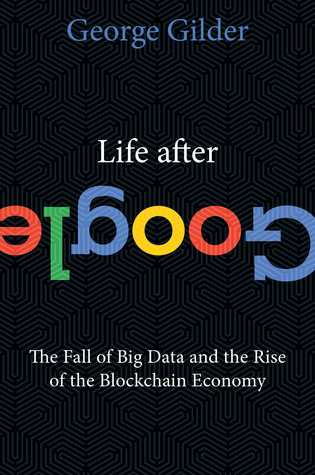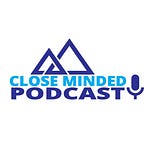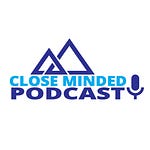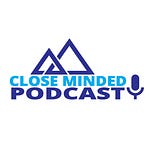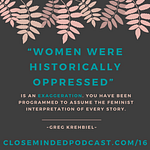Today's guest is George Gilder, a prolific author, economist, investor, and techno-futurist.
In the 1970s Gilder wrote a controversial book about gender roles in society, originally titled Sexual Suicide, but later revised and reissued under the title Men and Marriage.
In the 1980s, as an articulator and defender of Supply-Side Economics, he became known as President Ronald Reagan's most frequently quoted living author.
In the early 90s Gilder foresaw the broadband internet revolution and also predicted the development of the smart phone. There is some evidence that he even influenced Steve Jobs. Gilder hosts the annual Telecosm Conference with Steve Forbes, which draws tech leaders, inventors, entrepreneurs and investors from around the world. He also co-founded the Discovery Institute, which is the leading think tank of the Intelligent Design movement.
For over 30 years Gilder has contributed to various publications, including The Economist, Forbes, the Wall Street Journal, Wired, and National Review.
The philosophical framework that unifies much of Gilder's thinking on science and technology is known as Information Theory, which he unpacks and applies in his 2013 book, Knowledge & Power: The Information Theory of Capitalism and How it is Revolutionizing Our World.
His most recent book is 2018's Life After Google: The Fall of Big Data and the Rise of the Blockchain Economy, and is our primary focus in this episode. Gilder is a fascinating character, and I really enjoyed this one.
Before I reached out to George about doing an interview, I posted a written book review of Life After Google as a blog post here. He told me he had read it and enjoyed it, so that was pretty cool.
Links related to our conversation:
The Discovery Institute, co-founded by Gilder
Gilder's article "The Materialist Superstition" at The Imaginative Conservative
C.S. Lewis' essay "Transposition," which Gilder calls an essay of Information Theory
Information Theory entry on Wikipedia
Books by Gilder (all Amazon URLs are affiliate links):
Life After Google: The Fall of Big Data and the Rise of the Blockchain Economy
Men and Marriage (formerly titled Sexual Suicide)
Knowledge and Power: The Information Theory of Capitalism and How it is Revolutionizing Our World
The Scandal of Money: Why Wall Street Recovers by the Economy Never Does
++++++++++++++++++++++
Thanks to LEVV and David Ramirez for the intro/outro music.

